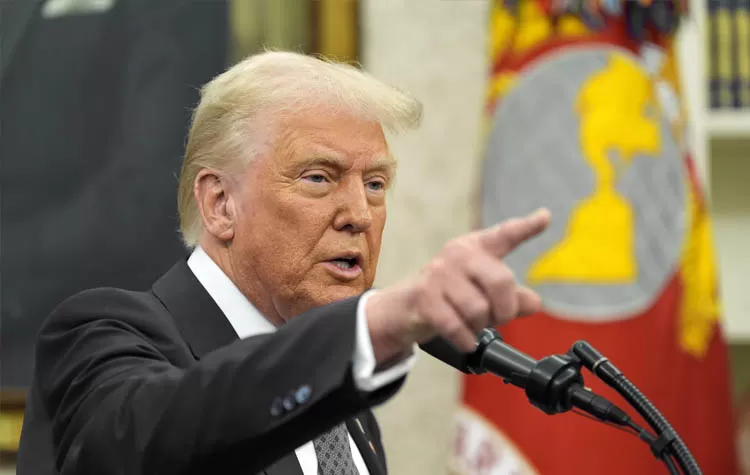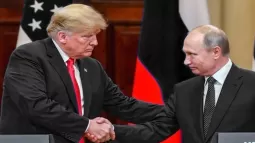
At the same time, Former U.S. President Donald Trump mentioned his decision to formulate and implement reciprocal trade taxes, as well as indicated the possibility of charging tariffs on imported autos. At a press conference, he suggested that the introduction of tariffs on automotive products could have a start date of April 2, even so, he did not reveal all tariff options.
Trump's Justification for Tariffs
He stated that a tax on foreign-made cars would be profitable for the Treasury and in terms of trade defecit, this would be beneficial. Currently, approximately 50% of cars sold in America are produced domestically, and the rest are imported. The chief sources of vehicle imports to the USA include:
- Mexico and Canada (significant contributors)
- Japan, South Korea, and Germany (moderate imports)
- Britain, Italy, and Sweden (smaller-scale imports)
Concerns from the Auto Industry
Ford CEO Jim Farley has once again voiced his fear over a restructuring of customs duties promoted by the tariff policy of Trump and its linked negative impact on the car sector. He insurered that:
- The unpredictability over the upcoming government tow tariffs may be a time of turmoil in the market.
- The administration’s direction might be the reason for the increase of costs for electric vehicles.
- Even though Trump insisted that domestic car-building is the only way to go, his tariff plan causes policy inconsistency.
Since April 2 is around the corner, some industry pros are watching things as they move along as they try to determine how the would-be levies could influence the global automobile market and clients in America.













